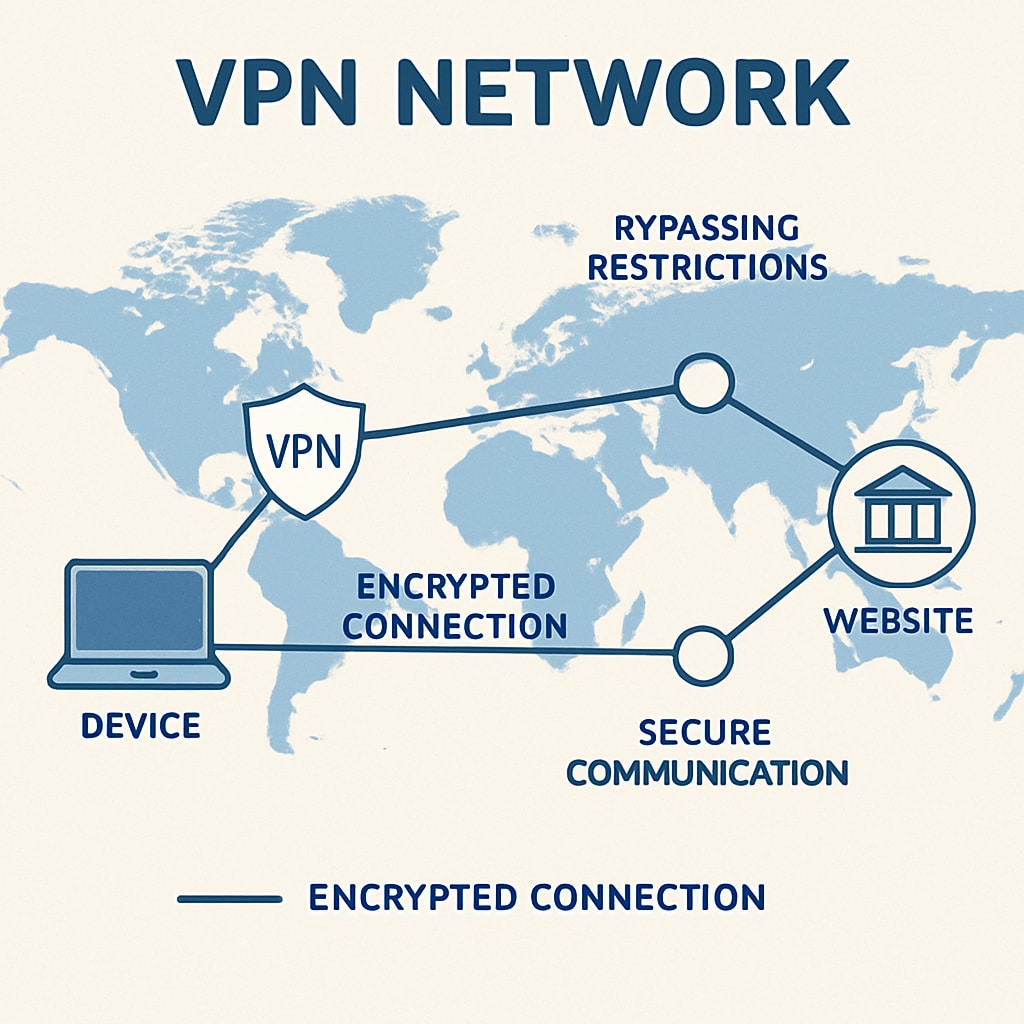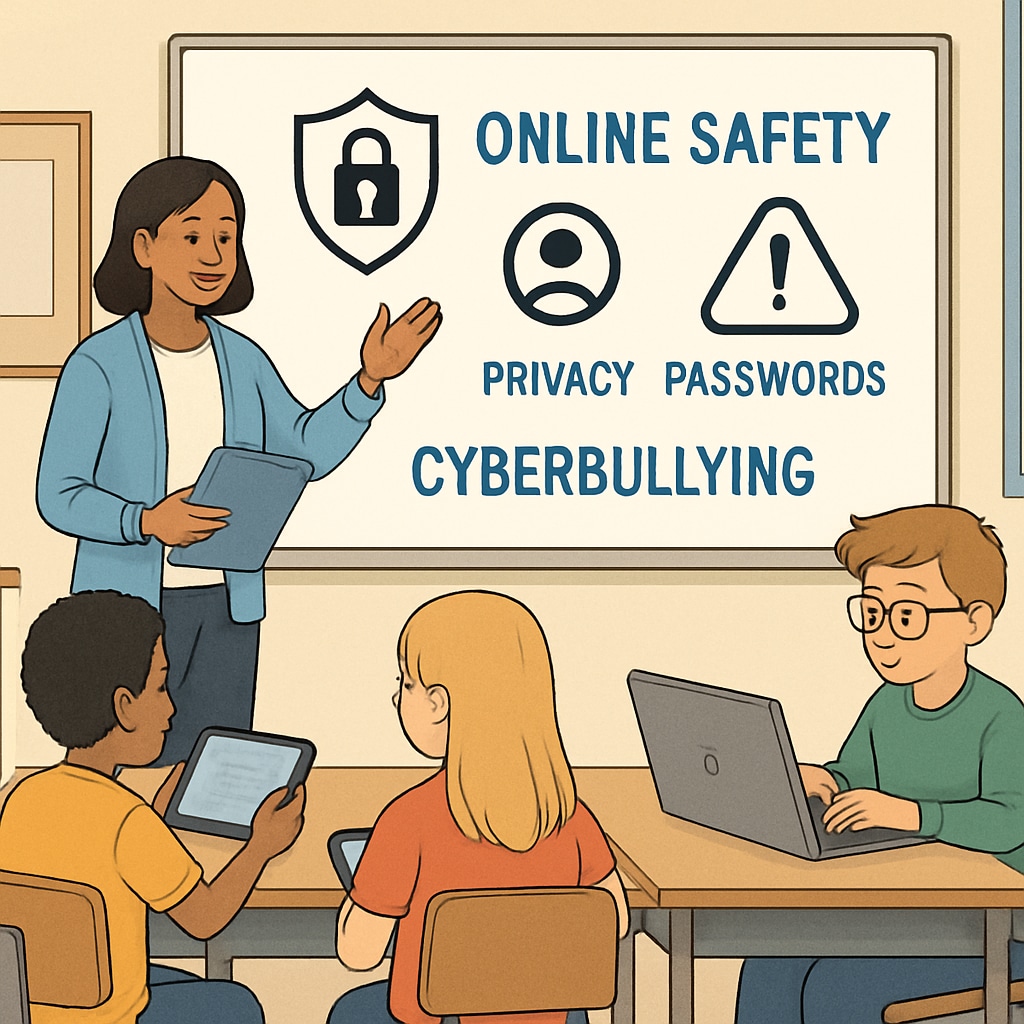The implementation of new UK age verification laws has led to a spike in VPN usage among internet users, particularly younger demographics. This trend raises critical questions about the effectiveness of such regulations and their impact on fostering responsible internet habits among K12 students. While the laws aim to protect minors from harmful online content, the unintended consequences highlight the importance of digital literacy education as a proactive solution to equip students with the skills needed to navigate the internet safely and responsibly.
The Purpose and Impact of UK Age Verification Laws
UK age verification laws were introduced to restrict access to adult content for minors by requiring users to provide proof of age before accessing certain websites. While the intent behind these regulations is commendable, they have inadvertently driven a surge in VPN usage. VPNs (Virtual Private Networks) allow users to bypass age verification systems by masking their location and identity, making them a popular choice for tech-savvy youth seeking unrestricted access.
This increase in VPN usage poses several challenges. First, it undermines the effectiveness of age verification measures. Second, it exposes young users to additional risks, such as data breaches and exposure to unregulated online spaces. These unintended outcomes emphasize the need for alternative strategies to protect minors while promoting ethical and safe internet habits.

Why K12 Students Turn to VPNs
K12 students often turn to VPNs to access content blocked by school or home networks, including social media platforms, gaming websites, or restricted media. The widespread availability of free and user-friendly VPN software makes it easy for students to circumvent restrictions, sometimes without fully understanding the risks involved.
Some key reasons driving VPN usage among K12 students include:
- Curiosity about restricted content.
- Frustration with blocked websites and limited access.
- A lack of understanding about online safety risks.
- Peer pressure or influence from friends who use VPNs.
While these motivations are understandable, they highlight a gap in digital literacy education that needs to be addressed to ensure students can make informed decisions about their online behavior.
Balancing Online Safety and Digital Literacy Education
To mitigate the negative impacts of VPN usage and age verification laws, educators and policymakers must prioritize K12 digital literacy education. This involves teaching students not only about online safety but also about ethical internet use and the long-term consequences of their digital actions. By fostering a deeper understanding of responsible internet behavior, schools can empower students to make safer choices online.
Effective strategies for digital literacy education include:
- Integrating lessons on digital citizenship into school curricula.
- Providing interactive workshops on online safety and privacy.
- Encouraging open discussions about the risks and benefits of VPNs.
- Partnering with parents to reinforce healthy internet habits at home.

Collaborative Efforts for a Safer Digital Future
Addressing the challenges posed by UK age verification laws and VPN usage requires collaboration between educators, parents, policymakers, and technology providers. Schools can lead the way by creating environments where students feel comfortable discussing their online experiences and seeking guidance when faced with dilemmas.
Policymakers must also consider the limitations of age verification systems and explore alternative solutions that prioritize education and empowerment over restrictions. For example, investing in tools that promote transparency and accountability online can complement existing regulations and reduce the reliance on VPNs.
Ultimately, the goal should be to strike a balance between protecting minors from harmful content and equipping them with the knowledge and skills to navigate the digital world responsibly. By focusing on education and collaboration, society can help K12 students become confident and ethical digital citizens.


